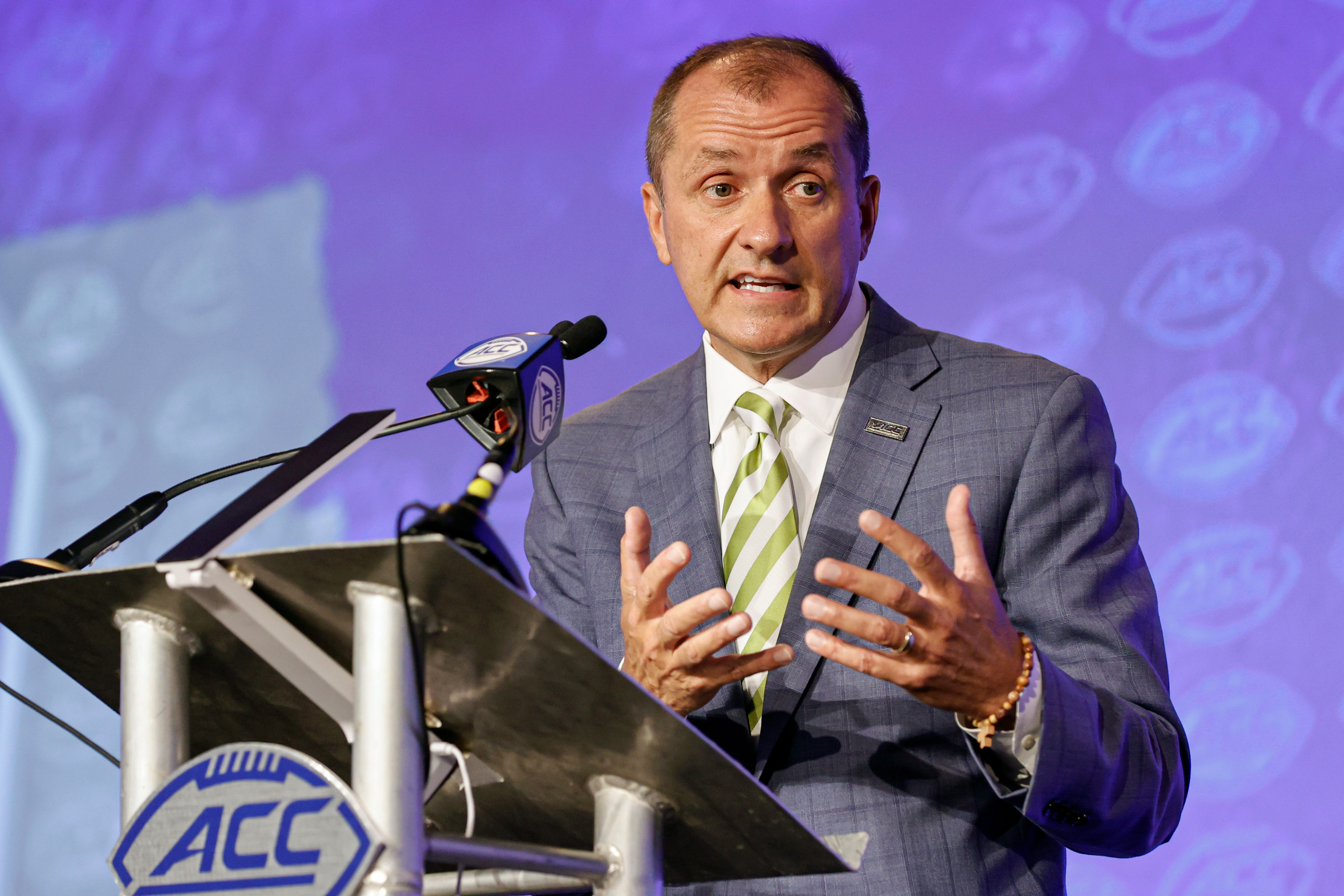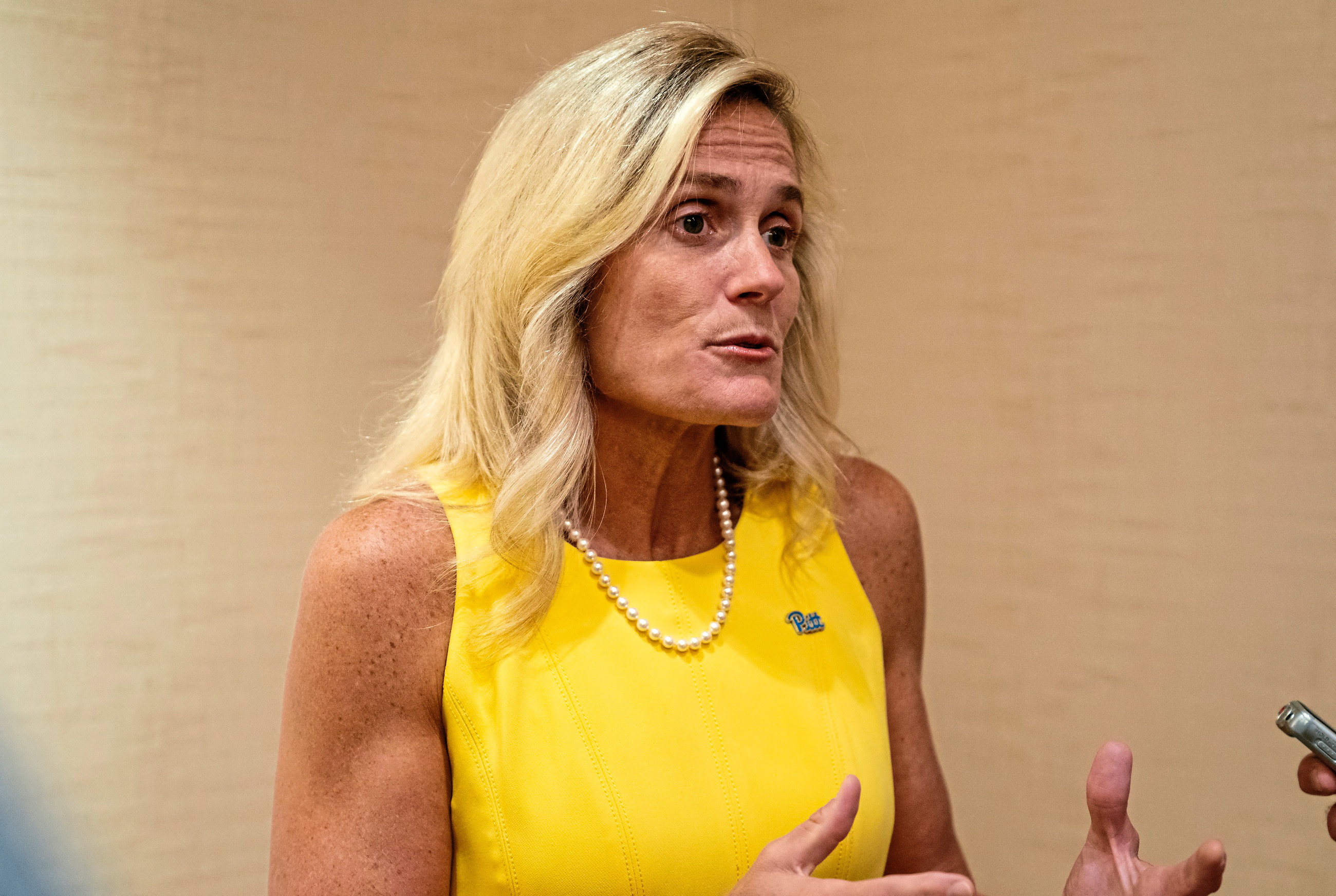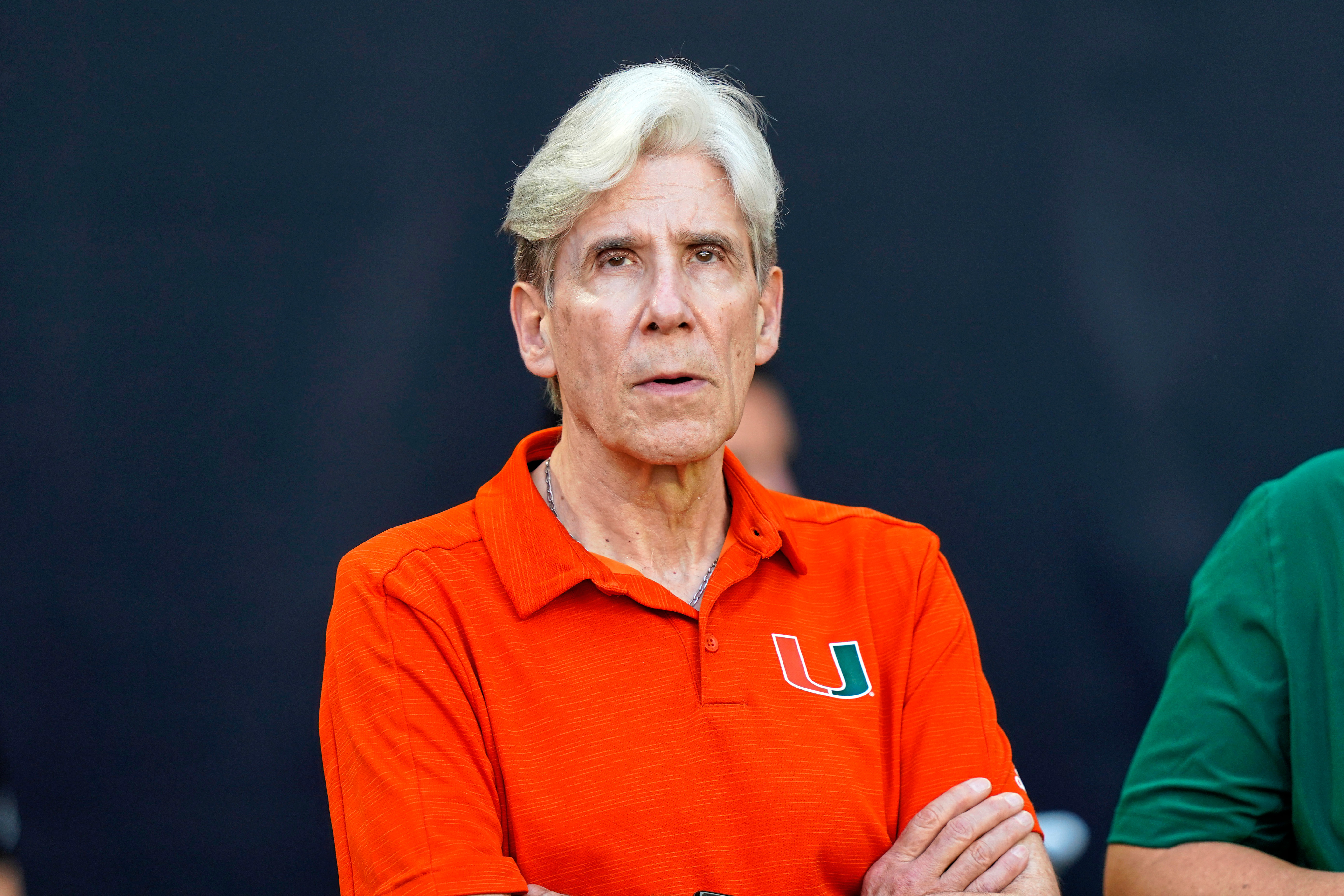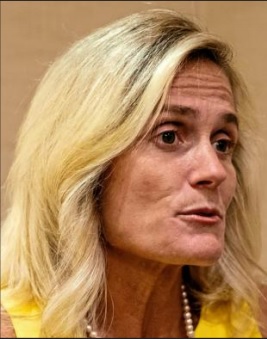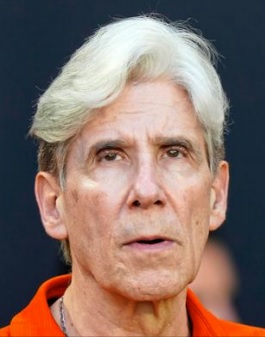
Conference again playing cash catchup
Last month, the Atlantic Coast Conference extended commissioner Jim Phillips’ contract for three years, a deal that will keep him at the helm of the league until at least 2029. While the majority of athletic directors within the ACC seem happy to keep Phillips around, some have recently gone on record to voice their concerns about an expensive issue he and his staff must quickly address.
On July 1, a new media rights deal between the Big Ten and networks Fox, CBS and NBC will become active, paying out an average of $75 million to each of the conference’s member schools. In 2024, a new deal between the Southeastern Conference (SEC) and ESPN will pay its member schools a similar amount.
The payout of both leagues will be about $30 million more than the current revenue share being distributed to ACC schools, which has leaders from some of the conference’s top programs worried.
“I know how hard the commissioner and the office are working to provide solutions to the members of the conference to the revenue gap that we are projecting in the upcoming years to the media contracts,” Florida State athletic director Michael Alford told ESPN. “But at the end of the day, in order to compete to the standard we want to compete in, there needs to be a change and the status quo is not good enough.”
In 2016, the ACC extended its already existing media rights deal with ESPN until 2036. The 14 full-time member schools receive an annual sum of $35 million to $40 million, with Notre Dame, which is considered a part-time member of the league due to its football program remaining independent, receiving a lesser share. The extension occurred well before numerous monumental developments like name, image and likeness (NIL), the transfer portal and conference realignment made significant changes to the landscape of collegiate athletics.
Now, with two power conferences soon to be well ahead of the ACC financially, athletic departments have become candid about the league’s current position.
“I don’t think anyone is [pleased],” Miami director of athletics Dan Radakovich said of the ACC’s current media rights contract in an interview with the Post-Gazette. “... We need to continue to work with our partner to help close that gap.”
“It’s something you start almost every day with and finish every day with,” Phillips told the Post-Gazette. “You try to make decisions based on what would allow you to close that gap.”
Ideas as to how that gap can be closed vary from school to school. The Post-Gazette spoke with four ACC athletic directors, along with Phillips to gain an understanding of how the eight-figure issue can be resolved.
A bigger slice of the pie
Although the upcoming revenue gap between the ACC and the Big Ten/SEC has been public for quite some time, the known narrative of certain teams within the league being worried and or discouraged about the ACC’s future is relatively new.
Florida State became the first ACC school to publicly discuss its concern about the revenue discrepancy in late February following the league’s winter meetings. One idea that had been discussed amongst the league’s athletic directors was a change in how the total sum of revenue gets distributed.
“We see what’s coming over the next [few] years,” Alford told ESPN. “How do you survive being that far behind? That’s really the message. What are we going to do to make this up?”
Sources tell the Post-Gazette that a change in revenue distribution has been a topic of discussion within the ACC for years. The problem is how the overall total gets divided. Rather than each of the 14 full-time league members getting a standard 7% cut, some schools are pushing for a larger slice of the pie.
For Alford, that could mean some of the ACC’s big-brand programs that bring the most eyeballs to broadcasts and conference-related coverage get rewarded.
“If we’re driving the network, we should have more,” Alford told CBS. “We drive the appearances and the revenue. Our second biggest alumni base is in South Florida. ... Not everyone understands. We’re OK because we’re $10 [million] to $15 million behind. ... $30 million is a different deal.”
Radakovich, meanwhile, believes a better alternative might be if the revenue share was divided based upon each team’s performance.
“I think that there are a lot of positives where, if you have success, you are compensated for some of that success, especially in the major sports,” Radakovich said. “So count us in the group that would like to discuss and take to the nth degree some type of unequal revenue share circumstance but understanding that it’s gotta be something that everybody can agree to.
“There is a baseline for what we get,” the Miami athletic director continued. “After that, you should be able to reward the success. That’s what we haven’t been able to do yet. But, in fairness, we haven’t been talking about it that long, so I’m certainly not going to give up on the opportunity to try and get some type of success metric pulled together within the league.”
Last year, the ACC established a committee to identify and evaluate multiple models of revenue sharing. Phillips told the Post-Gazette he’s been open about the importance of the league considering all options available.
“The committee’s work continues,” Phillips said. “It’s focused on several potential models, ones based on merit, based on media value, based on success, based on multiple other factors.”
And while the athletic directors and ACC officials work to come up with a unified agreement, revenue distribution is just one of many targeted solutions at focus.
Working with what it has
Pitt director of athletics Heather Lyke told the Post-Gazette she’s open to exploring and learning about the benefits an unequal revenue share could provide. But as of now, she isn’t completely sold.
“I’m willing to have the conversations,” Lyke said. “I’m willing to discuss it. I’m just not sure that it will make such a significant difference that it’s worth changing philosophically the idea of equal revenue share.”
What Lyke, along with a few other ACC athletic directors, seems to be more focused on is maximizing the opportunities that already exist. For Lyke, that starts with corporate sponsorships, something she believes the ACC could see a boost in after relocating its headquarters to Charlotte, N.C.
For Syracuse athletic director John Wildhack, it means ensuring the league is getting the absolute most out of its media partner, ESPN. Wildhack, along with the three other athletic directors who spoke with the Post-Gazette for this story, was quick to express the notion of the ACC’s football league being undervalued.
Although he admits each school in the ACC can do a better job of promoting the league’s football prowess as a whole, the former ESPN employee said the conference’s media partner can also turn its efforts up a notch.
“We need ESPN’s help to market ACC football,” Wildhack said. “We’ve made that clear to them. They have all of our rights, so it behooves them. A stronger ACC is good for ESPN and Disney across the board. I can’t underscore that enough. We’re not asking them to be a house organ for anybody. We’re not expecting that.”
The ACC has recently made moves that coincide with Lyke and Wildhack’s mentality of finding new opportunities rather than retooling existing ones. In August, the league announced its partnership with FishBait Solutions, which was named the ACC’s chief revenue and business innovation consultant.
“They’re looking at how we can generate additional revenue through our current media rights, through sponsorship and any and all other entities that would drive additional resources to our schools,” Phillips said. “We’ve had some tremendous meetings, as well as strategies developed so far.”
Regardless of what avenue the ACC ultimately decides to take as far as its financial future is concerned, one thing is certain: All 15 schools and the league must remain unified.
Sticking together
As the athletic director of one of the founding members of the ACC, Wake Forest’s John Currie said that remaining a part of the league “isn’t even a question” for his university. And though other affiliates might not share that same open loyalty, the reality is no school will have any easy time leaving the conference anytime soon.
In February, Texas and Oklahoma made their upcoming jump from the Big 12 to the SEC official. Rather than waiting to join in 2025, the year that was originally intended, both schools agreed to each pay $50 million so they could make the move in 2024, which also marks the beginning of the SEC’s new media deal.
Should an ACC team attempt to pull a similar maneuver, things would be far more complicated than simply writing a check. Per the league’s exit agreement, member schools would be forced to pay an exit fee equal to three years of annual revenue, which would be north of $120 million. The agreement would also prevent the exiting school from not only earning TV revenue but possibly not having its teams’ games televised until the current media agreement comes to an end in 2036.
Simply put, with nowhere else to turn, the schools in the ACC are forced to make the best of their current situation.
“I think that we have to understand that we’re all banded together with our grant of rights, the television agreement that we have,” Radakovich said. “Right now, that’s a very good thing. It allows us to have stability as a league.”
Radakovich, along with Currie, Lyke and Wildhack, expressed to the Post-Gazette that they believe Phillips is the proper man to keep each ACC member on the same page and keep the league as a whole pushing forward. Each mentioned that other schools feel a similar way.
And while the league seems to be behind its commissioner, Phillips shares an equal belief in the conference he’s paid to lead.
“We win in our conference,” Phillips said. “We led all conferences in the number of NCAA national titles last year and lead so far this year. The results on the field have been spectacular for the ACC. We are also rated the highest academic conference out of the Power Fives.
“This conference is performing at a high level right now. No one is satisfied. There is more to do and more to accomplish. The resources are important, but we haven’t let anything stop us from these incredible successes, as well.”
Noah Hiles: nhiles@post-gazette.com and Twitter @_NoahHiles
